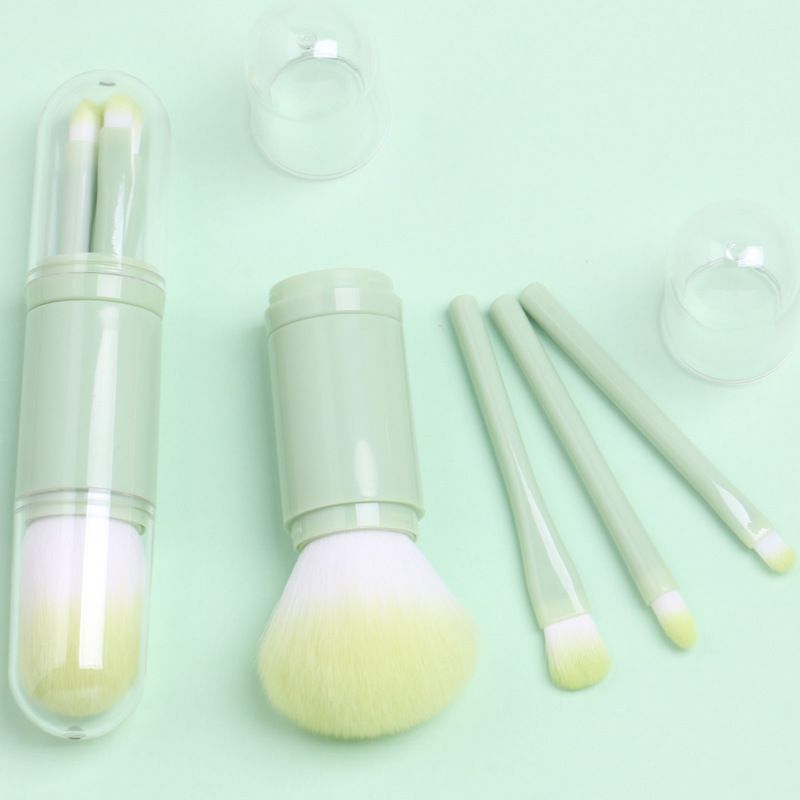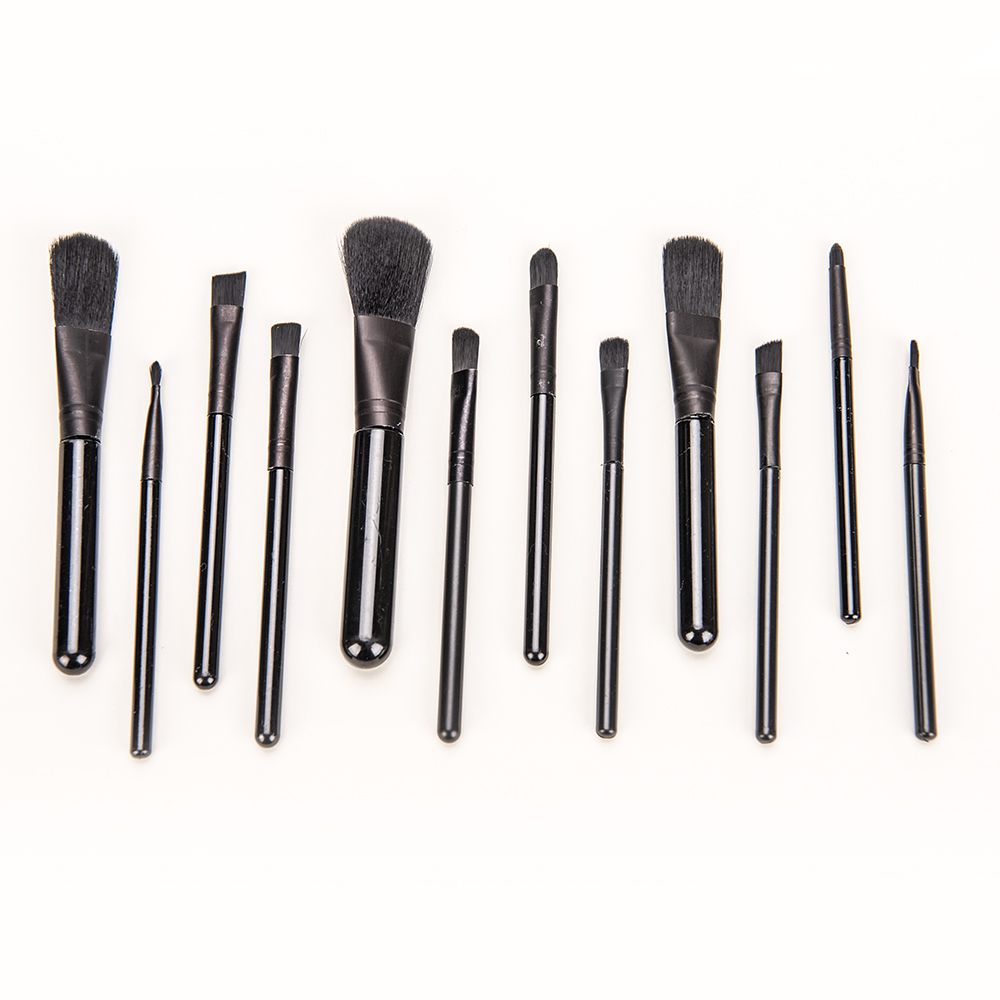Industry news
European Brush Brands Highlight "Made in EU" Bristle Quality to Counter Cheap Imports
- 395 Views
- 2025-08-11 01:32:02
European Brush Brands Highlight "Made in EU" Bristle Quality to Fend Off Cheap Imports
In the competitive landscape of the global cosmetic brush market, European brands are increasingly turning to “Made in EU” bristle quality as a strategic shield against a flood of low-cost imports. Over the past five years, cheaply produced brushes, primarily from Asian manufacturing hubs, have surged into European markets, undercutting prices by 30-50% and capturing significant share in mid-to-low-tier segments. Yet, rather than engaging in a race to the bottom, leading European brush makers—including names like Artis, Sigma Beauty Europe, and local artisans in Germany and Italy—are doubling down on the premium narrative of EU-manufactured bristles, framing it as a mark of uncompromising quality, safety, and sustainability.
The rise of cheap imports has exposed critical gaps in quality. Industry audits reveal that many budget brushes rely on substandard synthetic bristles laced with harmful chemicals like phthalates or formaldehyde releasers, which can irritate skin or leach into cosmetics. Natural hair options, too, often source from unregulated suppliers, raising concerns over animal welfare and hygiene. In contrast, “Made in EU” bristles are rooted in rigorous standards. EU regulations, such as REACH (Registration, Evaluation, Authorization, and Restriction of Chemicals), restrict over 200 substances in cosmetic components, ensuring bristle safety. For natural hair—still prized by professional makeup artists—EU brands adhere to strict animal welfare protocols, sourcing only from certified farms where mulesing is banned and humane shearing practices are enforced.
Synthetic bristle innovation further sets EU production apart. European manufacturers have invested in advanced polymer technologies, creating synthetic fibers that mimic the softness and pick-up power of natural hair while offering superior durability and vegan compliance. Brands like Italy’s Acca Kappa, for example, use proprietary “microfiber” synthetic bristles engineered in-house, tested for 5,000+ strokes to ensure they retain shape and texture— a far cry from cheap imports that fray or shed after a handful of uses.

Beyond materials, “Made in EU” signifies meticulous craftsmanship. Many European workshops blend traditional handcrafting with precision machinery: skilled artisans inspect each bristle tuft for uniformity, trim edges to ensure seamless application, and bond handles using eco-friendly adhesives. This attention to detail translates to brushes that perform consistently, a selling point that resonates with both professional makeup artists and discerning consumers. As one German brand executive noted, “Our customers don’t just buy a brush—they buy reliability. A ‘Made in EU’ label tells them we stand behind every bristle.”
This strategy aligns with shifting consumer values. Post-pandemic, 68% of European beauty buyers prioritize “transparency” and “ethical production” when shopping, according to a 2023 Eurostat survey. EU brands are leaning into this by highlighting their local supply chains: from bristle production in France to handle crafting in Spain, they share stories of regional expertise, fostering a sense of pride in “buying European.” This emotional connection, paired with tangible quality, has allowed brands to maintain premium pricing—with EU-made brushes typically retailing at €25–€80, compared to €5–€15 for imports—while retaining 45% of the high-end market, per Cosmetics Europe data.
Critics argue that “Made in EU” risks alienating price-sensitive shoppers, but brands counter that this is a deliberate choice. “We’re not competing for the budget bin,” says a product developer at a Dutch brush company. “We’re building loyalty with consumers who understand that a quality brush lasts years, not months—and that the true cost of ‘cheap’ includes hidden environmental and health risks.”

As the cosmetic industry grapples with greenwashing and quality concerns, “Made in EU” bristle quality emerges not just as a marketing tool, but as a commitment to excellence. For European brush brands, it’s a bet that in the long run, consumers will choose bristles they can trust over prices they can’t afford to compromise on.











